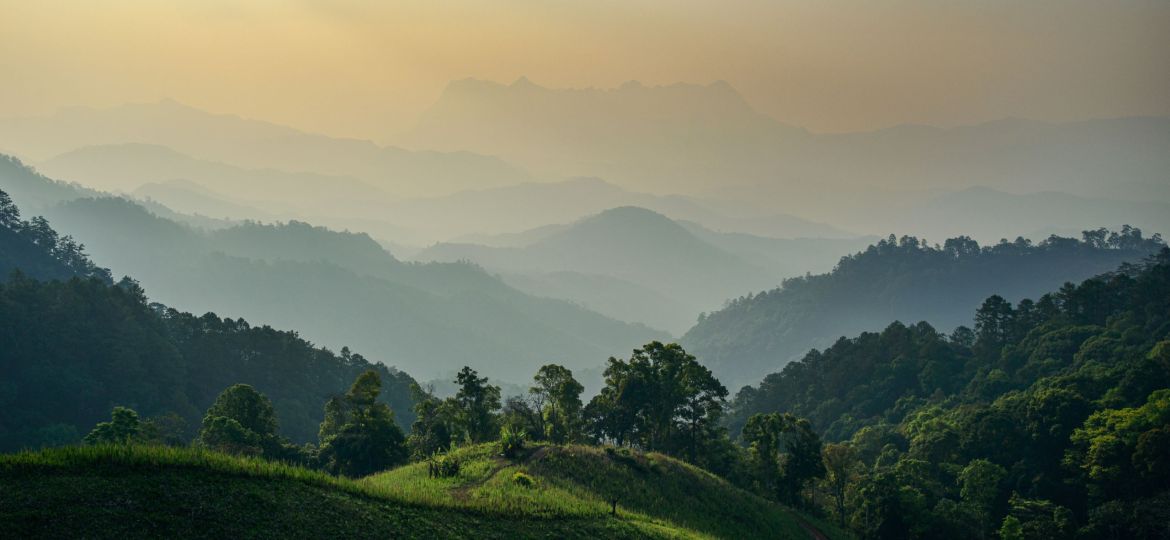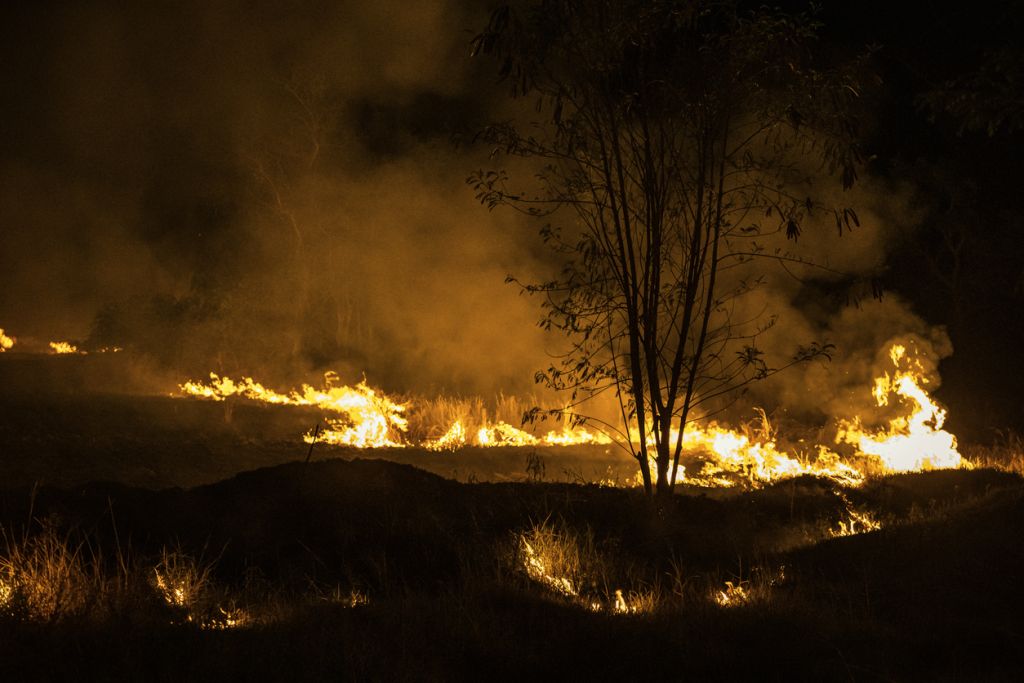
The Smoky Season in Chiang Mai: What Travelers and Locals Need to Know
Chiang Mai’s Smoky Season, also known as the Burning Season, is an annual environmental crisis that affects both locals and visitors. It typically occurs between January and April, with its peak in March. The main cause of this pollution is slash-and-burn agriculture, a common practice in Northern Thailand and neighboring countries. This farming method leads to a significant decline in air quality, posing serious health risks and creating major challenges for tourism.
For those planning to visit during this season, it is important to be aware of the conditions and take necessary precautions. Although air pollution can be severe, travelers can still enjoy their trip by minimizing exposure and adjusting their travel plans. To help with this, we will provide useful advice on staying safe. We will also suggest alternative destinations and practical tips to ensure a more comfortable and enjoyable experience despite the haze.
Understanding the Causes and Effects of the Smoky Season

The Smoky Season in Chiang Mai is primarily caused by widespread agricultural burning in the region. Farmers in Northern Thailand burn crop residues to clear fields before the next planting season. Since this method is both quick and cost-effective, it remains widely practiced despite its environmental consequences. In addition to agricultural burning, forest fires also contribute to worsening air quality. Some of these fires occur accidentally, while others are deliberately set to clear land for farming or development.
Chiang Mai’s geography intensifies the problem because the city is surrounded by mountains that trap smoke and pollutants. As a result, the haze lingers for weeks, especially during the dry season when there is little wind or rain to disperse the pollution. The high levels of fine particulate matter (PM2.5) pose serious health risks. Vulnerable groups, including children, the elderly, and individuals with respiratory conditions, are particularly affected. As the air quality deteriorates, daily life becomes more difficult. Many residents and visitors experience symptoms such as coughing, sore throats, and difficulty breathing, which forces them to stay indoors and limit outdoor activities.
Tips for Travelers Visiting Chiang Mai During Smoky Season
If you plan to visit Chiang Mai during the Burning Season, here are some essential tips to help you stay safe and comfortable.

- Check Air Quality Regularly – Download apps like AirVisual or AQICN to monitor AQI levels before planning outdoor activities.
- Wear an N95 Mask – Unlike regular surgical masks, an N95 or KN95 mask can filter out PM2.5 particles effectively.
- Stay Indoors When AQI Is High – Spend more time in air-conditioned spaces, preferably in places with air purifiers.
- Book Flexible Travel Plans – Choose adjustable dates or travel insurance in case you decide to change your itinerary.
- Use Indoor Alternatives for Activities – Opt for indoor attractions, such as museums, cooking classes, or wellness centers, to make the most of your trip without exposure to the pollution.
Adapting to the Smoky Season
Despite the seasonal challenges, Expats and Locals Asia continues to provide travelers with meaningful experiences. Instead of canceling activities, the company focuses on customizing itineraries, offering indoor cultural experiences, and guiding travelers to less-affected areas.
Since many tourists remain interested in visiting Northern Thailand, the company ensures that travelers receive expert advice on how to enjoy their trip safely. By staying updated on-air quality conditions and adapting their tours, Expats and Locals Asia remains a reliable choice for visitors looking to explore Chiang Mai responsibly.
For those seeking a well-planned trip during the Smoky Season, consulting with a knowledgeable tour operator like Expats and Locals Asia can make a significant difference.

